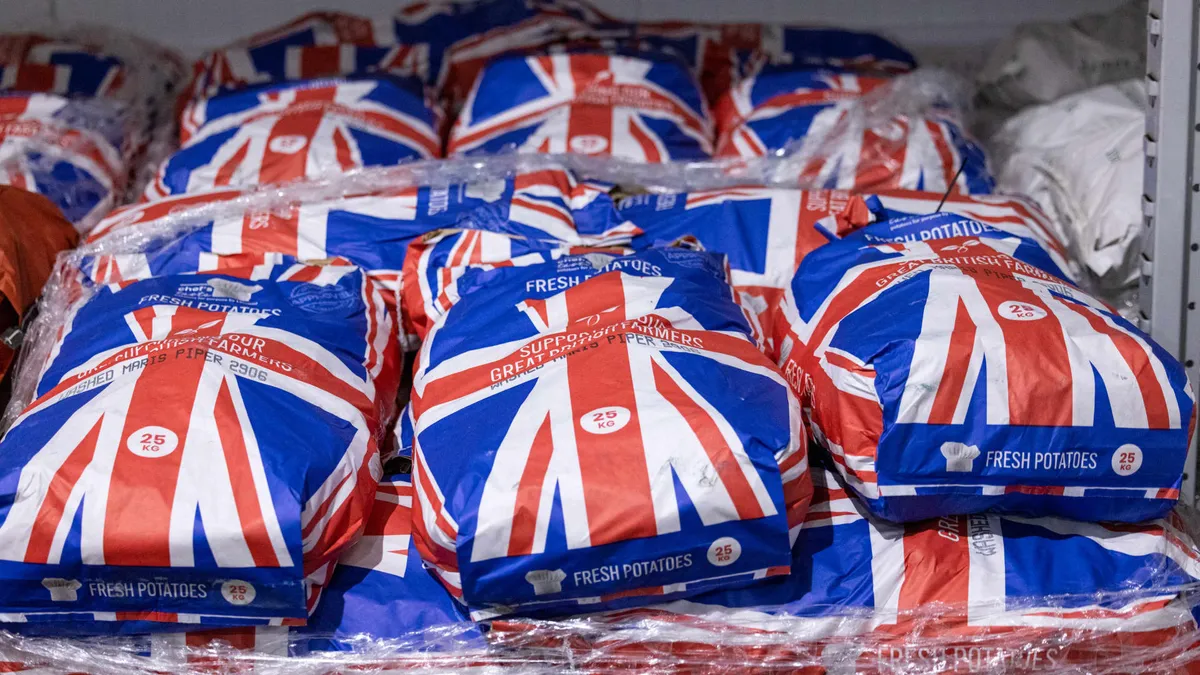
The U.K. annual inflation rate has reached 3.4% for May 2023, aligning with the expectations of economists, as reported by the Office for National Statistics (ONS) on Wednesday. Initial data indicated a 3.5% increase year-on-year for April; however, a miscalculation related to car tax data led to an overstated figure. The ONS later clarified that the April figure would have also been 3.4% without this error. Traditionally, the ONS does not revise inflation figures, which is why the original data remained unchanged.
In its latest report, the ONS confirmed that the corrected vehicle tax data was utilized for calculating the May consumer price index. Additionally, the core inflation rate, which excludes the prices of volatile items like energy, food, alcohol, and tobacco, experienced a rise of 3.5% in the year leading up to May, down from 3.8% in April.
The ONS revealed that the most significant downward influence on the monthly inflation rates came from the transport sector, while the largest upward contributions arose from food, furniture, and household goods. Richard Heys, the acting chief economist at the ONS, noted that a mix of counterbalancing price movements resulted in relatively stable inflation levels for May.
Notably, airfares saw a decline this month compared to a substantial increase during the same period last year, influenced by the timing of Easter and school holidays. Additionally, costs for motor fuel also experienced a decrease.
Following the release of the inflation data, the British pound appreciated by 0.22% against the dollar, reaching $1.345. U.K. Finance Minister Rachel Reeves commented on the data, stating that the Treasury has made necessary decisions to stabilize public finances and control inflation, while acknowledging that further actions are required.
The latest inflation figures are crucial for the Bank of England, as they navigate the best strategy for interest rates amidst persistent inflation and sluggish economic growth. Analysts widely anticipate that the Bank will maintain interest rates at their current level during the upcoming meeting on Thursday, given the ongoing inflationary pressures. However, there are expectations for a potential cut of 25 basis points in August.
Ruth Gregory, deputy chief U.K. economist at Capital Economics, stated that the recent inflation data is unlikely to alter the Bank's planned quarterly rate cuts. With services inflation still elevated at 4.7%, the slight decrease in CPI inflation from 3.5% in April to 3.4% in May is not expected to influence the Bank of England's direction significantly.
Earlier in the year, the Bank of England projected that the inflation rate would rise to 3.7% in the third quarter before beginning to decline into the next year. However, with ongoing conflicts in the Middle East, there are concerns that oil prices and supply chains may face further disruptions, potentially driving consumer prices higher than originally anticipated.
Rob Wood, chief U.K. economist at Pantheon Macroeconomics, forecasts that inflation will fluctuate around current levels for the remainder of the year, averaging 3.4%. He predicts that inflation could peak at 3.6% in September. The conflict between Israel and Iran could lead to rising oil prices, further impacting inflation metrics.
Wood noted that his team has yet to fully incorporate the implications of increased oil prices resulting from the Middle Eastern conflict. Using a 15-day price average to mitigate volatility, he suggested that if oil and natural gas prices remain high, inflation could peak at 3.7%. If oil prices reach $80 per barrel and natural gas prices follow suit, the peak could rise to 3.8%.
In summary, the latest U.K. inflation figures reflect a complex economic landscape, with various factors influencing both upward and downward trends. The Bank of England's upcoming decisions will be closely watched as they navigate these challenging conditions.